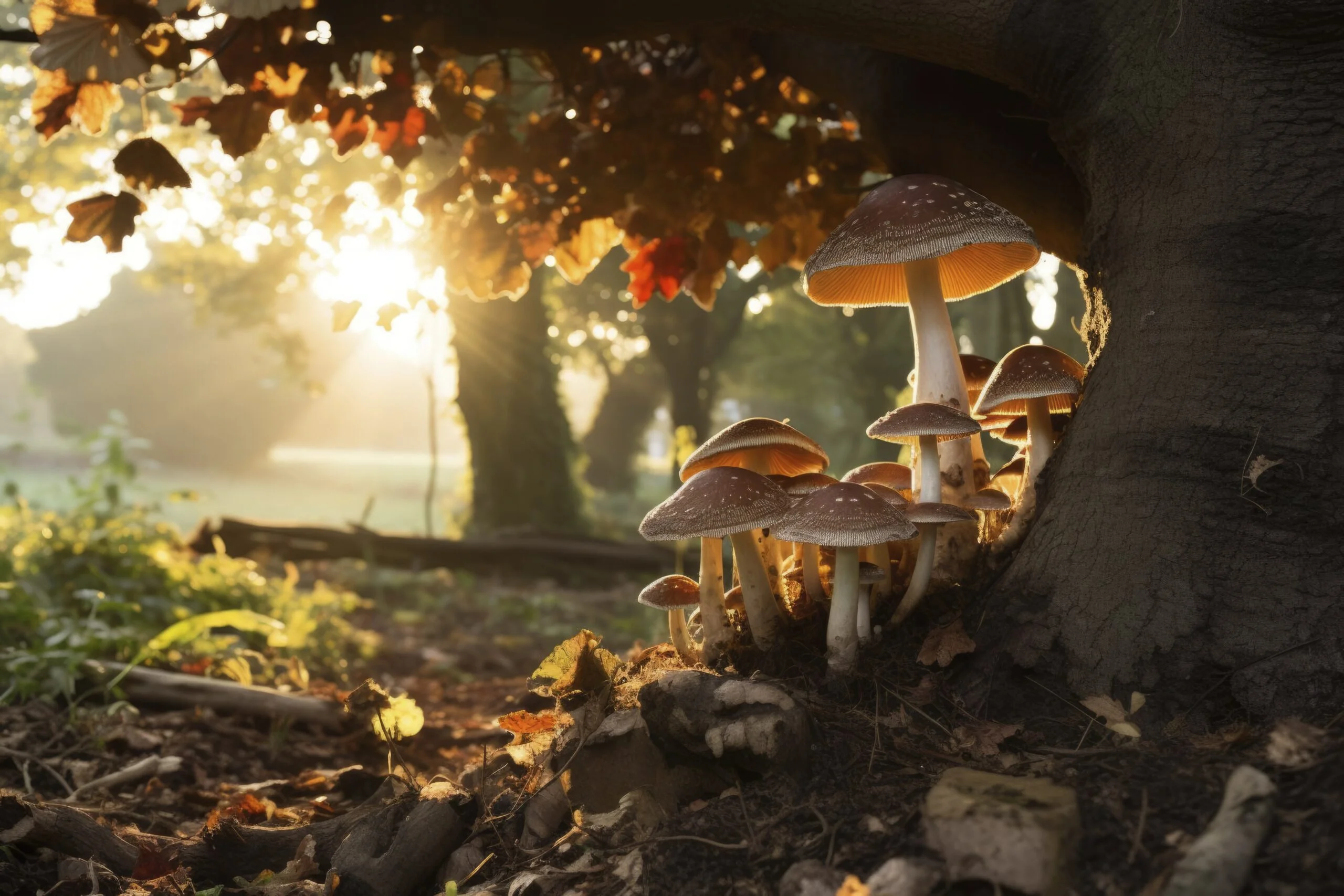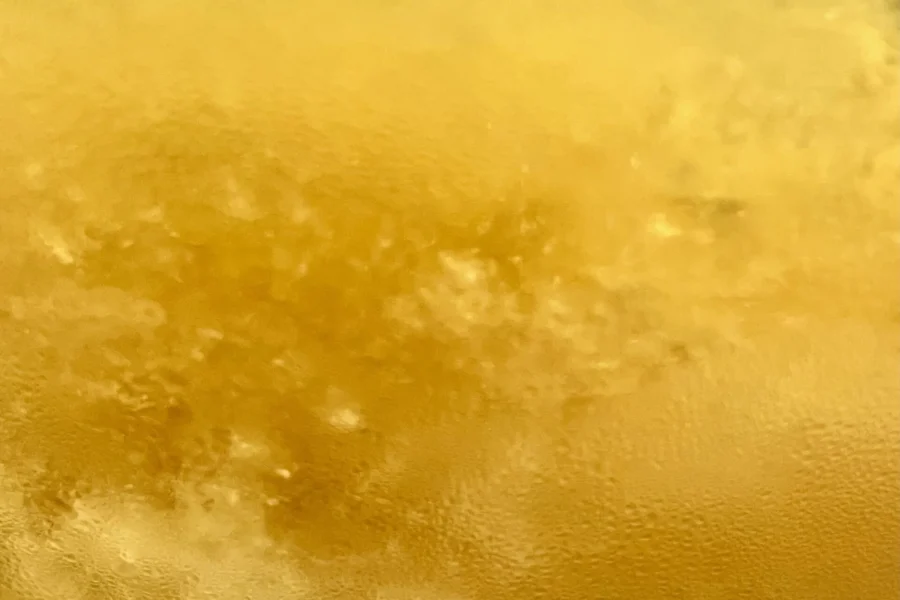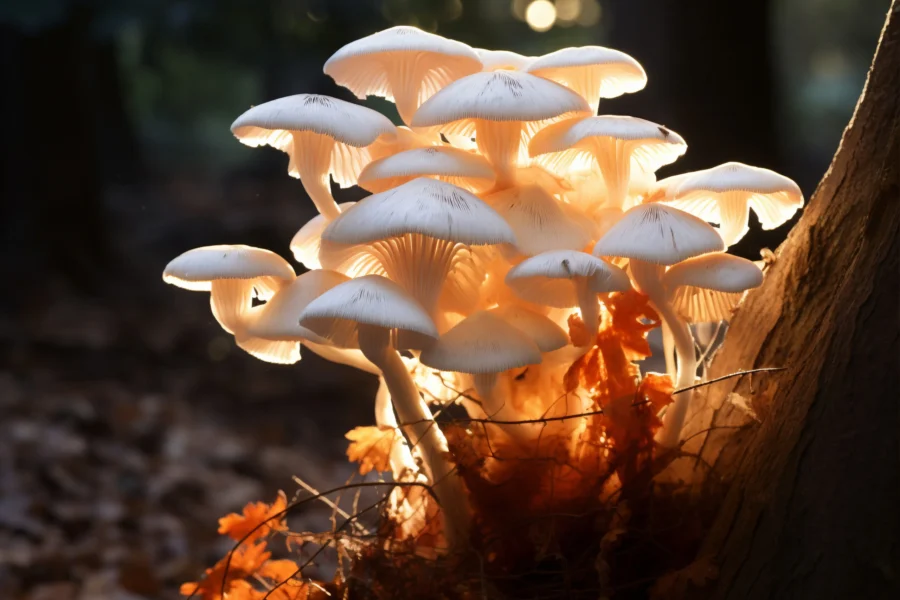Psychedelics are garnering significant interest among scientists seeking solutions for various emotional and developmental disorders. Substances such as mescaline, LSD, and DMT are seen as potential remedies for depression, PTSD, and many other conditions. However, many researchers see the greatest potential in psilocybin — an alkaloid present in various mushrooms, primarily from the Psilocybe genus. Currently, there are discussions about the possibility of using this compound to alleviate ADHD symptoms. Let’s take a closer look at this topic.
What is ADHD?
Attention Deficit Hyperactivity Disorder (ADHD) is often mistakenly associated solely with hyperactive children. However, ADHD also involves difficulties in maintaining focus on tasks and impulsivity. Contrary to popular belief, people do not simply „grow out of it”; rather, the manifestation of symptoms may change as individuals learn to adapt to societal norms, often at the cost of personal struggle.
There are three types of ADHD:
- Primarily inattentive type (commonly referred to as ADD; more frequently diagnosed in women),
- Primarily hyperactive-impulsive type (“classic” ADHD),
- Combined type.
The causes of ADHD may be genetic or environmental. If one parent has ADHD, there is a high likelihood that the child will inherit it. Additionally, several other factors may contribute to its development, including:
- Low birth weight,
- Maternal substance use during pregnancy,
- Perinatal stress,
- Environmental pollution,
- Central nervous system damage,
- Early formation of emotional deprivation patterns (feelings of emptiness or lack).
Statistics show that approximately 1 in 20 individuals are diagnosed with ADHD, though it is believed these figures may be significantly underestimated. In adults, ADHD may manifest as:
- Excessive impulsivity,
- Difficulty focusing and maintaining attention,
- Problems with organization and time management,
- Procrastination,
- Hyperactivity,
- Mood swings,
- Forgetfulness.
People struggling with ADHD often develop other types of mental health issues. Studies indicate a strong correlation between ADHD and substance abuse, as well as:
- Depression and mood disorders (including bipolar disorder),
- Sleep disorders,
- Anxiety disorders,
- Tics,
- Dyslexia, dysgraphia, and dyscalculia.
What medications are used to treat ADHD?
Living with ADHD often necessitates therapy, but pharmacological treatment is also common — primarily symptomatic. This typically involves psychostimulants such as methylphenidate, an amphetamine derivative. The fact that the treatment is symptomatic and involves such substances can sometimes raise concerns among those affected.
For these and many other reasons, individuals with ADHD often seek alternative treatment options. The increasingly well-studied properties of mushroom-derived alkaloids offer hope that these compounds may not only alleviate symptoms but also bring about lasting positive changes in brain structure.
What is microdosing?
One proposed approach is microdosing. Psilocybin triggers different reactions depending on its concentration. Microdosing involves consuming minimal amounts of psychoactive substances, ideally without inducing a full psychedelic experience (the so-called „trip”) but still producing subtle physiological and psychological effects.
What is the typical microdose of psilocybin? It largely depends on individual sensitivity but is generally about 1/10 to 1/20 of a typical psychoactive dose. This translates to approximately 10 µg of psilocybin or around 0.1 grams of dried psilocybin mushroom fruiting bodies.
Potential benefits of psilocybin microdosing for people with ADHD
Individuals with ADHD tend to have reduced dopamine levels in the prefrontal cortex of the brain. This is significant because dopamine in this area plays a crucial role in maintaining focus, motivation, and energy levels.
Since psilocybin acts on serotonin 5-HT2A receptors, which interact with the dopaminergic system, it may potentially stimulate dopamine release in the prefrontal cortex, thereby reducing ADHD symptoms. Additionally, psilocybin promotes neuroplasticity, aiding in the formation of new neural pathways and habits. Microdosing may also have calming effects (helping to reduce impulsivity), improve concentration, and boost creativity in individuals with ADHD.
Potential risks of psilocybin microdosing for people with ADHD
While the idea of treating ADHD without traditional medications and using psilocybin sounds promising, it’s important to remember that research is still ongoing, and some experts caution about possible adverse effects.
One major risk is accidentally exceeding the microdose. A higher dose can overstimulate the nervous system and induce full psychedelic effects. Caution is also advised for individuals with anxiety disorders, as their symptoms might worsen.
Lastly, it is crucial to be aware of psilocybin’s legal status. In Poland, microdosing—whether with mushrooms, LSD, or other substances—is illegal, as these compounds are classified as hard drugs. Nevertheless, in 2023, Poland’s National Science Centre allocated 2 million PLN to research on psilocybin (conducted by Professor Krystyna Gołembiowska’s team), indicating growing interest in its potential as a treatment.
Psilocybin and ADHD — a new hope?
Adults struggling with ADHD often carry the burden of difficult life experiences stemming from concentration issues and hyperactivity. Moreover, many remain undiagnosed and untreated, exacerbating their challenges. However, awareness of ADHD is increasing, along with interest in alternative treatment methods. For this reason, it is worth keeping an eye on emerging research on psilocybin in the fight against ADHD, especially as study results continue to show promising potential.


